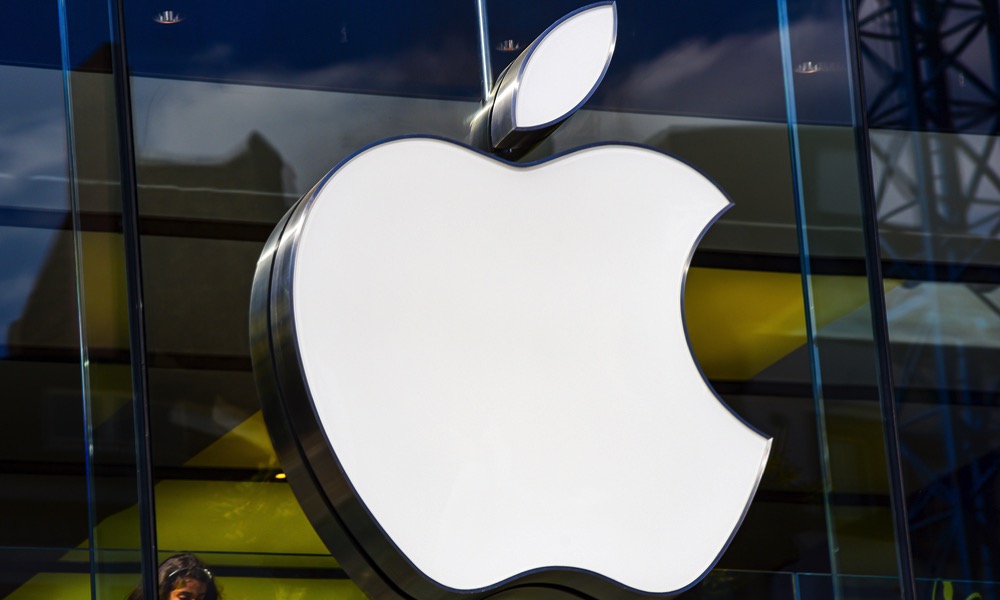Tech Companies Are Cutting Staff in Droves | Here’s How Apple Has Avoided Layoffs
 Credit: Vytautas Kielaitis / Shutterstock
Credit: Vytautas Kielaitis / ShutterstockToggle Dark Mode
As Silicon Valley tech giants continue to announce massive layoffs at an unprecedented level, Apple employees seem to be weathering this storm in relative peace.
Over the past few weeks, Microsoft, Google, and Facebook parent company Meta have each slashed over 10,000 jobs from their global workforces — and they’re far from alone; cutbacks have resulted in thousands of layoffs across the board from Citigroup and Disney to Yahoo and Zoom.
Apple isn’t entirely immune to the frenzy to slash the red ink in a post-pandemic world, yet the iPhone maker seems to have found more creative ways to do so.
According to Bloomberg’s Mark Gurman, Apple is making some serious cuts, but it’s doing so in areas that don’t impact people’s lives nearly as much. At most, bonuses are being delayed or reduced in frequency in some divisions, and it’s slowing the expansion of its workforce by pausing hiring and reducing headcount goals.
For instance, Gurman notes that the company will dole out bonuses and promotions only once per year across all divisions, rather than the April and October schedule that was once the norm. Most divisions had already moved to this annual schedule a few years ago, including large ones like software engineering and services, but others, such as operations and corporate retail, were still on the biannual plan.
Running Lean and Mean
Of course, it’s not all sunshine and roses inside of Apple. While the company has yet to hint at the massive layoffs its rivals have engaged in, some employees may find themselves tightening their belts.
For instance, while employees will still receive the full bonuses they’ve been promised, those will now come in a single payment later this year rather than being split into two instalments in the spring and fall. Notably, this change doesn’t apply to Apple’s highest-ranking employees — those at the director level and above — who typically see their bonuses paid quarterly.
While Apple CEO Tim Cook’s compensation package is a staggering $50 million this year, that’s actually a 40% reduction, and the bulk of it is paid in company stock anyway; Cook’s annual salary is $3 million, and he’s expected to receive a $6 million cash bonus depending on how Apple performs this year.
The company has also reined in some of its travel budgets, now requiring approval at the Senior Vice President level for more budget items.

Scrutiny has increased inside the walls of Apple Park regarding hours worked and the amount of time employees are spending at the office. Apple’s HR department is now more closely monitoring how often employees come into the office, and some staffers are reportedly worried that Apple may choose to use the three-day-per-week requirement as a yardstick should it become necessary to cut back on staffing levels.
However, there’s every indication that it won’t come to that. Certainly, Apple CEO Tim Cook is trying to avoid letting people go as much as possible; last month, an article in the Wall Street Journal (Apple News+) cited Apple’s chief executive describing layoffs “as a last-resort kind of thing” — although he couldn’t rule the possibility out entirely.
I view layoffs as a last-resort kind of thing. You can never say never. We want to manage costs in other ways to the degree that we can.Tim Cook
Nevertheless, Apple has had a fiscally conservative culture for years. Even in the Steve Jobs era, it ran lean and mean and rarely bit off more than it could chew financially. Tim Cook rose to the CEO role from being chief of operations, where his ability to manage Apple’s complex supply chain became legendary. Cook was a whiz at cutting costs and lining up production schedules as efficiently as possible.
‘Vanity’ Hiring
This has left Apple in a much less precarious position than its rivals, many of whom underwent massive expansions during the pandemic. While Alphabet, Meta, and Amazon have doubled their employee counts over the past three years, Apple’s workforce grew by a relatively meagre 20 percent.
Recent reports have also suggested that many of these hires were purely to fulfill a “vanity metric,” and now they’re massively overstaffed with people doing “fake work.” Some Silicon Valley companies have even accused Alphabet of hiring people merely to keep them away from competitors, with no job responsibilities other than to “be entitled, sit at their desks, and do nothing.”
Needless to say, hiring strategies like that don’t work in the long run, and when an economic downturn hits, those folks end up being the first ones on the chopping block.
As its much smaller workforce increase attests to, Apple doesn’t play these types of games. The company tends to hire the minimum number of people needed to get the job done and typically only conducts mass layoffs when a project is wound down or restructured.
Although Apple’s revenue fell 5 percent in the December holiday quarter over prior years, Cook was quick to point out that operating expenses also came in below guidance and have been growing more slowly in the past. “We’re being very prudent and thoughtful on spending and we continue to be very deliberate when it comes to hiring,” Cook told shareholders while adding that Apple continues to “invest in innovation.”







